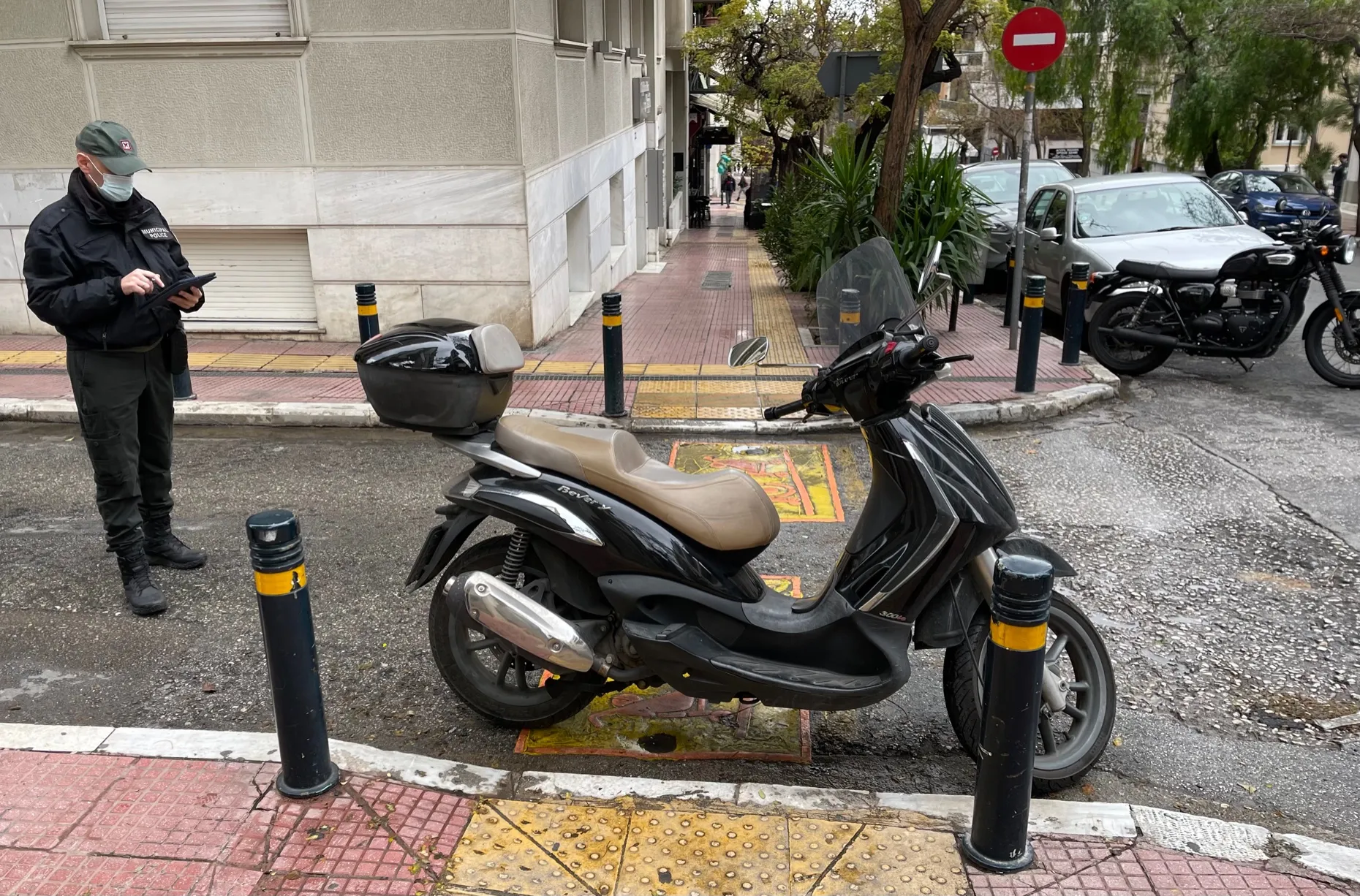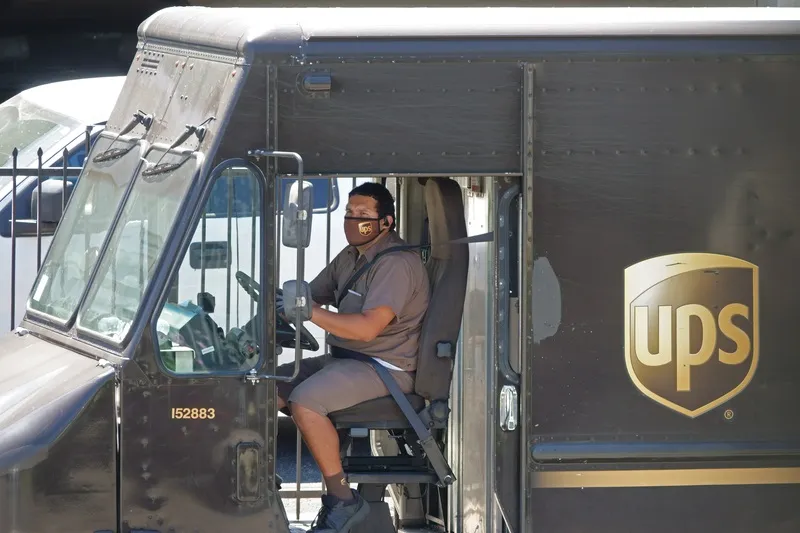The Port of Antwerp, Belgium, has deployed Nedap’s Sensit wireless parking sensors to provide accurate real time parking space information in the car park for the ‘Havenhuis’ office building.
With a large and modern underground facility, the building offers enough parking spaces for both its 500 employees and visitors. Nedap’s smart parking system was chosen to not only provide drivers with real time information on the number of spaces available but to guide them to available spaces on arrival.
The Se
January 31, 2017
Read time: 1 min
The Port of Antwerp, Belgium, has deployed 3838 Nedap’s Sensit wireless parking sensors to provide accurate real time parking space information in the car park for the ‘Havenhuis’ office building.
With a large and modern underground facility, the building offers enough parking spaces for both its 500 employees and visitors. Nedap’s smart parking system was chosen to not only provide drivers with real time information on the number of spaces available but to guide them to available spaces on arrival.
The Sensit wireless surface-mount sensors are installed in individual parking spaces in three zones of the parking facility for electric cars, disabled parking spaces and general parking spaces.
With a large and modern underground facility, the building offers enough parking spaces for both its 500 employees and visitors. Nedap’s smart parking system was chosen to not only provide drivers with real time information on the number of spaces available but to guide them to available spaces on arrival.
The Sensit wireless surface-mount sensors are installed in individual parking spaces in three zones of the parking facility for electric cars, disabled parking spaces and general parking spaces.










